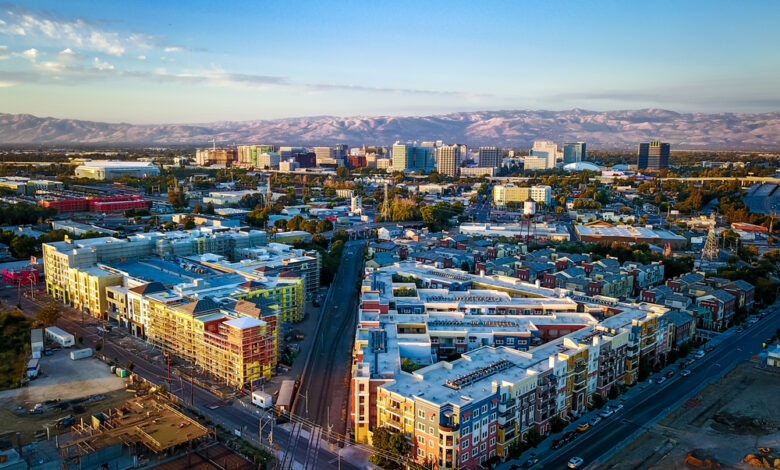Cities Are Interested in Adopting Generative AI. What’s Stopping Them?

Sara Al Hudaithy and Anu Devi for the World Economic Forum have pulled together an excellent article on the use of generative artificial intelligence by local governments worldwide, which they describe as being in the “exploratory phase” as many formulate policies to regulate its use. They cite a 2023 Bloomberg Philanthropies survey of 100 mayors and city staff worldwide in which 69 percent said they were either currently exploring or testing GenAI capabilities. “These city officials are particularly interested in understanding how GenAI can help enhance citizen engagement, advance data-driven policy-making, optimize services and resource allocation, and streamline administrative processes and communication. In addition, they are interested in determining how GenAI can enhance city services and efficiency, especially in areas such as traffic and transportation, infrastructure, public safety, environmental issues, education and administrative tasks.” However, only 2 percent have actively adopted the technology.
The rest of the article explores the activities of that 2 percent, including links to AI policies and guidelines of cities like Seattle, San Jose, Boston, New York, Amsterdam, Helsinki, as well as the potential of GenAI once cities exploration and adoption grows beyond its current “infancy” stage and cities are able to identify where it can make the most difference and overcome various obstacles. “The potential of combining unbiased and large datasets with machine learning and other technological capabilities can bring significant benefits to society, governments and businesses. However, this potential can only be realized when risks and unintended consequences, both short- and long-term, are accounted for and addressed through governance frameworks designed to minimize harm. Additionally, finding cost-effective and practical use cases and learnings for cities is essential for successful adoption,” Al Hudaithy and Devi write.



